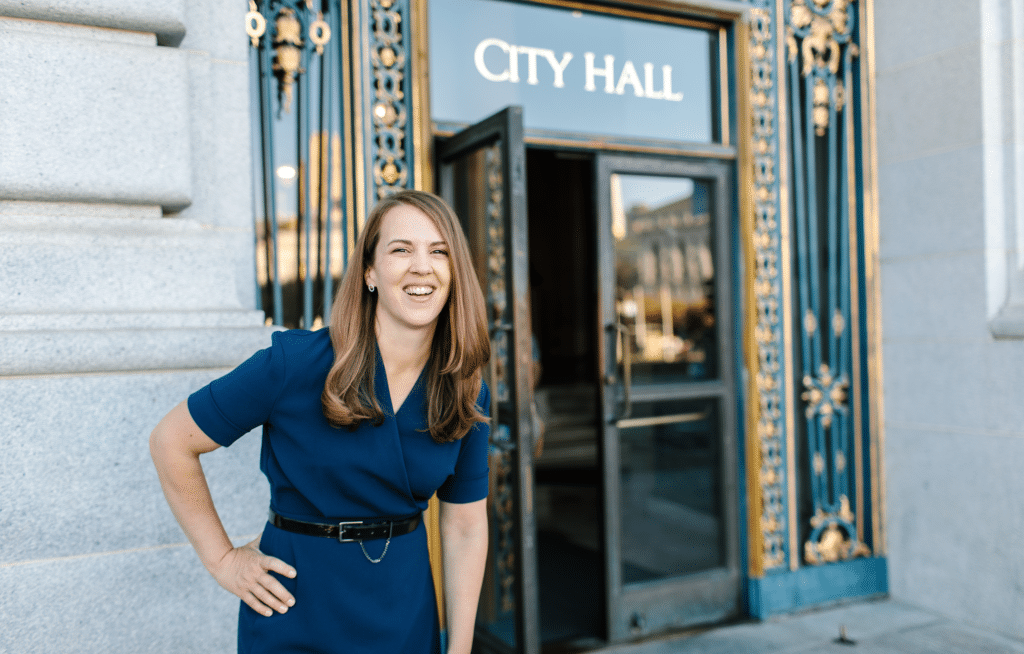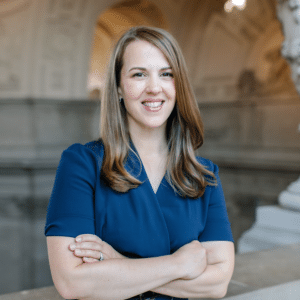
By ProFellow Founder Dr. Vicki Johnson
This week I want to speak a little more about the institution of academic “gatekeeping”. Gatekeeping is the act of advisors and mentors providing you their opinion that you’re not yet qualified or capable of successfully competing for prestigious awards and schools, to discourage presumably less-competitive candidates from applying and saving them from disappointment. Gatekeeping is entrenched, and even glorified, in university and high school advising. I feel strongly that this phenomenon prevents millions of people from achieving their full potential.
Recently I’ve been rewatching episodes of Dawson’s Creek, a US coming-of-age drama series that filmed in the 1990s when I was just a teenager. The scene that I watched last night was Joey Potter being told that despite being ranked number four in her high school senior class, and involved in numerous extracurricular activities and leadership opportunities, her likelihood of getting into an Ivy League school and winning a national merit scholarship was very slim. She was told to prepare herself for that disappointment. And prepare she did. In the following scenes, Joey is extremely disheartened and tells herself and her closest friends that she is “only” number four and all her hard work for the last several years was pointless. She gets drunk that night at a party to deal with these new feelings of fear and pessimism about her future.
Sadly, this scene is all too real.
This scene plays out in real life millions of times a day to millions of people. In a world where we are constantly encouraged to assimilate and stay in our lanes, it’s become commonplace to be told to prepare ourselves for disappointment when pursuing big goals. This “advice” by mentors is expressed as a way to save us from disappointment and show concern for our well-being. However, most mentors and advisors don’t realize how damaging this presumptive advice is for the human psyche and how it creates a dangerous cloud of fear and self-doubt that young adults carry with them well into their midlife careers and beyond.
This “advice” by mentors is expressed as a way to show concern for our well-being. However, most mentors don’t realize how damaging this presumptive advice is for the human psyche and how it creates a dangerous cloud of fear and self-doubt that young adults carry with them well into their midlife careers and beyond.
What I know from my own experience and the experience of thousands of people that we have interviewed on ProFellow is that fortune favors the bold. You may have heard this before but it’s true: risk-takers are the ones who reap the biggest rewards. When we play it safe and aim lower as a way to mitigate disappointment, that disappointment becomes a self-realized prophecy. We are so afraid of disappointment that we avoid going above and beyond to achieve a goal.
And what do disappointment and rejection really reap? When we take personal responsibility for the outcome, it reaps personal growth. It reaps new ideas, networks, and dreams, even when we experience something as a failure. For many people, a failure pushes them to work even harder.
The problem is many advisors and mentors don’t consider the possibility that someone may experience a quantum leap of personal growth through striving for a high goal and failing at that goal. They also don’t consider the possibility that the applicant might actually succeed!
Rather than give applicants the tools to understand what they need to do to reach an achievement and root for their success, mentors often discourage us from starting the journey, due to their own personal fears.
As I’ve mentioned in other posts, academic gatekeeping is extremely dangerous because it perpetuates the elitism, racism, classism, ageism and other forms of discrimination that allow only the most privileged to achieve acceptances to top schools and competitive awards. Applicants are not on an even playing field and a grade point average or resume alone does not tell the whole story of a person’s potential.
We don’t need mentors to shield us from disappointment. We don’t need advisors to tell us what we can and can’t achieve based on the very limited information that they have about who we are and what we are capable of. We need advisors to go above and beyond by generously sharing the tools for success and providing the positive reinforcement that things are possible.
We need advisors to go above and beyond by generously sharing the tools for success and providing the positive reinforcement that things are possible.
I’ve read many memoirs of the world’s greatest leaders, entrepreneurs, advocates, and politicians and this same story is in literally every one of them. Like Joey Potter, Michelle Obama was told by her high school guidance counselor that she wasn’t “Princeton material.” Being the extraordinary person that she is, she ignored that feedback, applied to and got into Princeton anyway. Can you imagine how different our American history might be now if she chose to agree with that mentor? That experience of being told she wasn’t capable was so formative and influential that she chose to include it in her book “Becoming”.
The problem is most young adults who do receive that negative feedback will agree and lower their aims because they trust they are being provided the “truth”. This is the sad reality of educational advising.
So just think about that dear fellowship applicants. Virtually every leader before you has been told that they can’t achieve what they’re striving for and to prepare themselves for disappointment. My message to you is: ignore it. Remember the journeys of those before you and strive anyway. Take personal responsibility for your successes and failures and seek out positive mentorship where it exists so you can access the tools of success. Access our hundreds of articles on application tips written by current and former fellows who seek to generously share their positive advice and experiences. The ProFellow community is rooting for you!

Dr. Vicki Johnson is Founder and CEO of ProFellow, the world’s leading online resource for professional and academic fellowships. She is a four-time fellow, top Ph.D. scholar, Fulbright recipient and an award-winning social entrepreneur. She is the Creator and Director of Fully Funded, her signature online course and mentorship program for graduate school applicants seeking to find and win full funding.
© Victoria Johnson / ProFellow, LLC 2021, all rights reserved